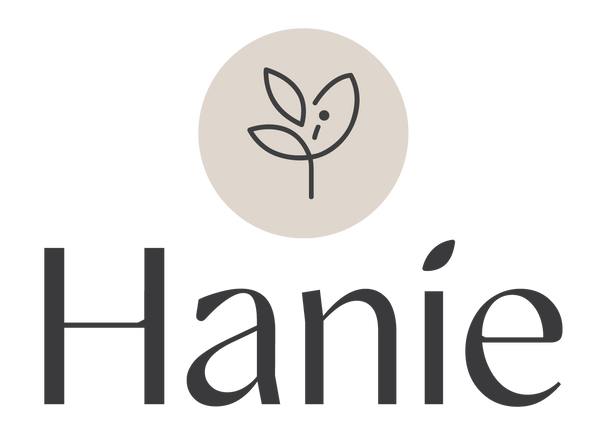Is Your Child Breathing in Plastic? The Alarming Truth Revealed
For years, I’ve wondered why plastics are so widely used for everything, from storing hot foods like soup to warming meals in the microwave and preparing milk for babies, as well as in children's utensils and cutlery. Even now many hawkers, market sellers, and shops are giving out plastic bags for free despite government efforts in plastic reduction.
I once gave up on paying attention to pollution, believing that, like any other young person, I should just live my life. However, with the mounting scientific evidence of the consequences of plastic pollution, I can’t ignore it any longer. The Earth is crying out through climate change, and our children will be the next to suffer.

In 2020, microplastic particles have been revealed in the placentas of unborn babies for the first time.
“The particles were found in the placentas of four healthy women who had normal pregnancies and births. Microplastics were detected on both the foetal and maternal sides of the placenta and in the membrane within which the foetus develops.
"A dozen plastic particles were found. Only about 4% of each placenta was analysed, however, suggesting the total number of microplastics was much higher. All the particles analysed were plastics that had been dyed blue, red, orange or pink and may have originally come from packaging, paints or cosmetics and personal care products.” - The Guardian
In 2023, a report from Earth.org revealed that babies and infants appear to have over 10 times higher rates of microplastics in their faeces samples than adults. This is not surprising, as babies tend to put objects in their mouths, including plastic toys, soothers, bottles, plastic cutleries and utensils, leading to constant ingestion of tiny plastic particles.
Another study from 2023 found that microplastics were released into disposable storage bags used for expressed breast milk, with babies potentially consuming an average of 0.61 to 0.89 mg of microplastics daily from stored breast milk.
Given these facts, you might be wondering: Is microplastic harmful to health? Yes! Plastics are made from toxic chemicals and take decades, if not centuries, to break down. They are linked to cancers and can harm human immune, reproductive, and endocrine systems.
As a parent, I do not wish to see my children and all children living in a plastic-laden world, breathing in microplastic particles and facing the risks of future health issues. Starting this beeswax food wrap business is my way of giving back to the Earth and I hope you recognize the benefits that beeswax food wraps can bring to you and your family.

References:
1. https://www.theguardian.com/environment/2020/dec/22/microplastics-revealed-in-placentas-unborn-babies
2. https://www.earthday.org/babies-vs-plastics-what-every-parent-should-know/
